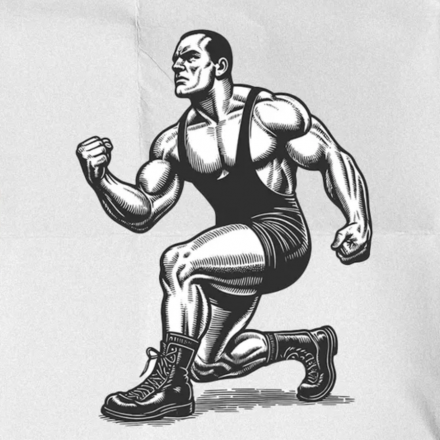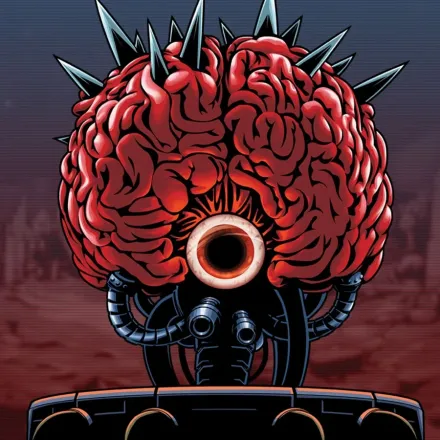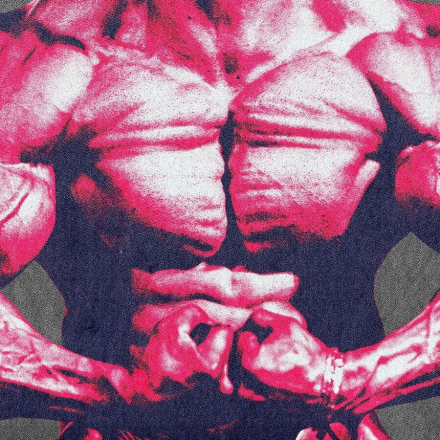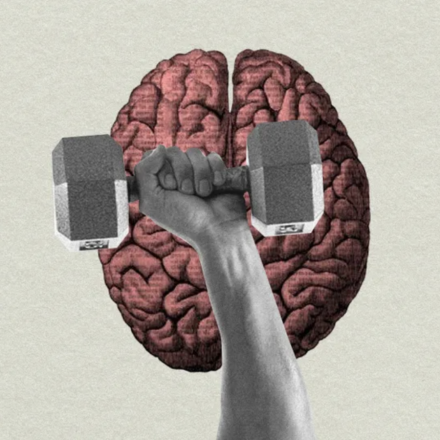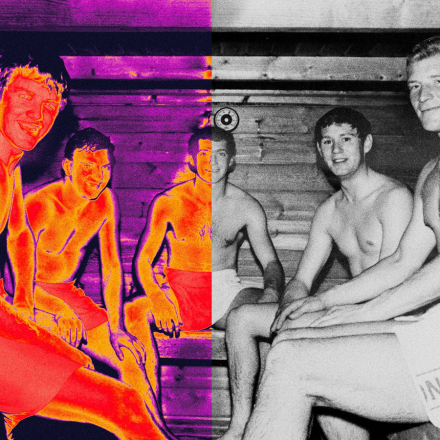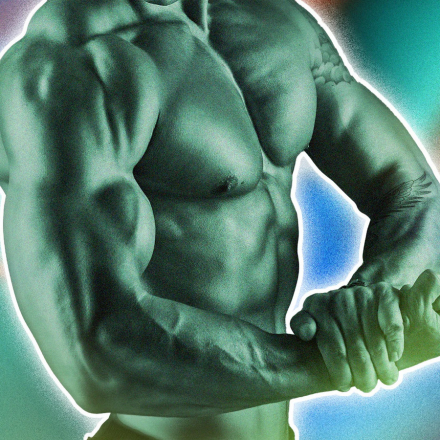What men’s pain sounds like when someone finally listens
Sometimes, it’s not just a man who walks into a therapist’s office. It’s an entire life-support system.
He’s holding together a home, a divorce, debt, his kids, her kids, his parents, his company, and his entire reputation — and somewhere in that heavy silence, he’s forgotten he’s even alive.
He speaks calmly, clearly, precisely.
He doesn’t complain.
He doesn’t ask for help.
He plans, delegates, solves.
He knows how everything works — in business, in systems, in relationships.
But he doesn’t know what to do when his own body starts shaking without his permission.
When falling isn’t an option
For him, divorce isn't just a breakup.
It’s the death of the illusion that you can love someone and still keep your dignity intact.
It’s the collapse of the one place where he allowed himself even a hint of vulnerability.
It’s a betrayal — not just of him by someone else, but of him by himself, quietly, deeply, without warning.
He’s never been weak.
He never allowed it.
Even when he was in pieces.
Even when the mirror stopped showing someone he recognized.
He’d pull himself together and keep going.
Because there was no one else.
Because if he breaks, everything falls apart.
He’s always been the one who rescued others.
Who pulled people out of the dark, even when he was drowning himself.
He kept everyone going — and somehow survived on willpower alone.
Now, he comes to therapy not as a client, but as a last line of defense.
Not for sympathy.
Not to be saved.
But to test:
Can you handle this?
Can you handle my fear, my anger, my blunt questions — and not look away?
Because if you flinch,
If you get soft,
If you fall back on textbook empathy —
He’s gone.
And maybe he’s never coming back.
He doesn’t ask for much.
Just one thing — show up.
Be real.
Be solid.
No spiritual fluff. No sugar-coating.
No patronizing kindness.
In that moment, he doesn’t need a therapist who “validates his feelings.”
He needs someone who can hold the weight, without trying to fix it.
Someone who can listen to rage, and not shut down.
Someone who can see that under the steel, the structure, the self-control —
There’s a tired little boy who was never allowed to fall.
Because if he did, the whole world would collapse with him.
Not everyone can sit with that kind of pain
His real life doesn’t allow for “taking a break.”
He can’t cancel all his meetings, turn off his anxiety, or just “do less.”
While he’s learning to build inner strength,
the outer world is still demanding answers, actions, results.
This is where the real work begins.
Not some deep dive into childhood.
Not five metaphors and a journal prompt.
But a moment of alignment.
Presence.
Silence — where his fear isn’t treated like a problem to solve.
A response that doesn’t disconnect, but grounds him.
A presence that says:
You don’t have to carry it alone anymore.
The therapist must be someone who’s been there
If a therapist has never lived through this kind of pressure,
they’ll hide behind tools.
They’ll try to organize it, analyze it, “process” it.
They’ll ask, “Where do you feel that in your body?”
And just like that — the door that had finally opened will close.
But someone who’s been through the fire,
Who knows what it’s like to survive when there’s no safety net,
Can stay.
Not to rescue.
Not to lecture.
But simply to stand beside the man
who never let anyone stand beside him before.
That’s why crisis psychologists aren’t just trendy buzzwords.
They’re the ones who can hold real pain without breaking,
without needing to be the hero,
without turning the session into a performance.
They know what it means to pull someone out of a state they’ve been in themselves
— the kind where no one else showed up.
We don’t heal with techniques.
We heal because we stay.
Because we become the anchor,
the voice of reality,
the space where for the first time in years,
a man doesn’t have to shrink in fear of being seen.
The way back isn’t fast — but it’s real
It’s not a return to “normal.”
It’s a return to being alive.
To a life where you don’t have to hold it all together all the time.
Where not being okay doesn’t mean you disappear.
Where being a man doesn't mean being a machine.
It just means being human — with everything that comes with it.







